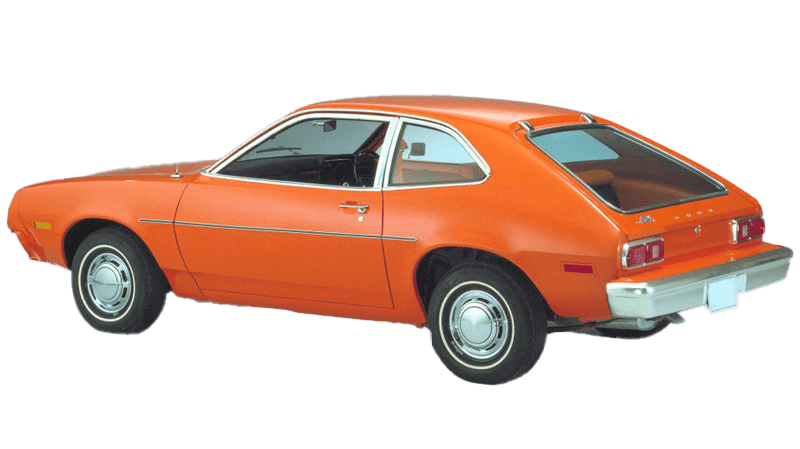Engineering Ethics: The Ford Pinto Exploding Fuel Tank
The Pinto case burst into the national consciousness after Mother Jones magazine published an investigatory piece by journalist Mark Dowie titled “Pinto Madness” in 1977. The article referred to the Pinto as a “firetrap” and “death trap” and castigated Ford for “placing a dollar value on human life.”

Credit: 1 PDH
Price: $0.00
This webinar is currently not scheduled.

Ethics: The Ford Pinto Exploding Fuel Tank
The Ford Pinto scandal is now part of the lore of American culture. The Pinto was a subcompact car manufactured by the Ford Motor Company for the model years 1971–1980. During the 1970s, there were many documented cases of Ford Pintos bursting into flames as a result of rear-end collisions.
The Pinto case burst into the national consciousness after Mother Jones magazine published an investigatory piece by journalist Mark Dowie titled “Pinto Madness” in 1977. The article referred to the Pinto as a “firetrap” and “death trap” and castigated Ford for “placing a dollar on human life.”
The company took a beating when it was revealed in the media that Ford knew about deficiencies in the fuel tank system, but proceeded with the design anyway based on the results of a cost-benefit analysis included in what is now referred to as The Pinto Memo.
The conventional wisdom is that Ford showed callous disregard for safety and reduced human life to a dollar value in its prioritization of profits over consumer safety and ethics. However, the case against the Pinto was not so clear-cut:
- The $200,000 life-valuation figure used by Ford in its cost-benefit analysis was actually provided to Ford and other automakers by the National Highway Traffic Safety Administration (NHTSA)
- The Pinto Memo wasn’t used or consulted internally by Ford, but rather was attached to a letter written to NHTSA about proposed regulation
- The Pinto’s fuel tank location behind the axle, ostensibly its design defect, was commonplace at the time in American cars
- The precedent of the California Supreme Court at the time not only tolerated manufacturers trading off safety for cost, but apparently encouraged manufacturers to consider such trade-offs
- 27 deaths were attributed to Pinto fires (the same number of deaths attributed to a Pinto transmission problem) out of 3 million vehicles sold. The car was no more fire-prone than other cars of the time and its fatality rates were lower than comparably sized imported automobiles
In light of the above, do you think history should look more kindly on the Ford engineers that worked on the Pinto project?
Not so fast … The fact remains that Ford’s engineers discovered in pre-production crash tests that rear-end collisions would rupture the Pinto’s fuel system extremely easily. Several inexpensive modifications were devised (some less than $10/vehicle) to make the Pinto less susceptible to fuel leakage and fire following a rear-end collision. Yet, none were implemented.
This webinar will not proffer any opinion on the ethics of Ford’s decisions regarding the Pinto. The objective of the course is to present the facts and debates so that the student can formulate his or her own opinions. The case encompasses multiple ethical dilemmas that are frequently encountered in the engineering profession and the student is encouraged to reflect on the manner in which those dilemmas apply personally.
What you’ll learn in just one hour:
Benefits of Noon Pi webinars:
- You don’t have to leave your office. The entire training session is conducted from the convenience of your desk or meeting room.
- No fancy technology required. A computer or smart phone with a good Internet connection is all the equipment you need. Just log in and start learning.
- No wasted time. Our compact, one–hour sessions fit into the busiest of schedules. In no time, you’re back on the job using the wealth of relevant information you gained.
- Earn PDH credit. Webinars earn PDH credit for engineers in all states, unless noted otherwise in the literature for a specific webinar. For more details, check your state requirements.
- You have nothing to lose. Noon Pi webinars are offered to engineers free of charge!
More info:
For more webinar information, click on the following topics:



